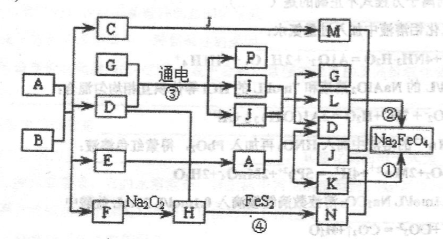患者女性,57岁,因“多饮多尿6个月”来诊。查体:血压140/87mmHg(1mmHg=0.133kPa),心率70次/分,腰围85cm,体重指数25.3kg/m。实验室检查:空腹血糖8.3mmol/L,餐后2小时血糖13.2mmol/L,糖化血红蛋白8.0%,血低密度脂蛋白胆固醇3.4mmol/L,三酰甘油2.15mmol/L,高密度脂蛋白胆固醇1.03mmol/L。诊断:2型糖尿病(冠心病等危征),代谢综合征,高危患者。治疗:阿司匹林100mg,每日1次,口服;辛伐他汀20mg,每夜1次,口服;替米沙坦80mg,每日1次,口服;阿卡波糖50mg,每日3次,口服;二甲双胍0.25g,每日3次,口服。配合改善生活方式。
药物阿卡波糖属于()
A.磺酰脲类
B.双胍类
C.α葡萄糖苷酶抑制剂
D.胰岛素促泌剂
E.胰岛素增敏剂
参考答案:C

